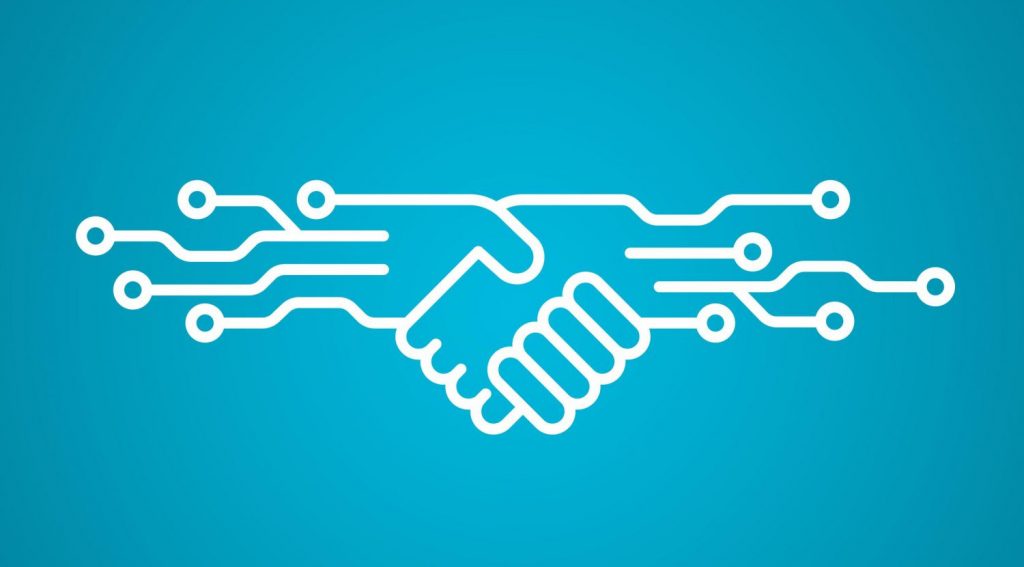Defined in a simple manner, smart contracts are “self-executing electronic instructions drafted in computer code operating on the basis of the principle “If A, then B” and stored on a blockchain platform. A typical and well-known example is vending machines, where the machine releases the chosen good so the buyer can pick it up when he or she enters a form of payment into the machine.
In practice, the technical side cannot always solve the problems that occur when using smart contracts. Given that smart agreements are self-enforceable, it is hard to imagine situations where a dispute could be raised from the non-execution of the agreement, and therefore situations where the intervention of judicial authorities would be needed.
In the article HERE, our Associates Živko Simijonović and Katarina Grek give a comprehensive insight on how smart contracts function and point out many important open questions that remain to be answered, with smart contracts certainly representing the future of contract law.
